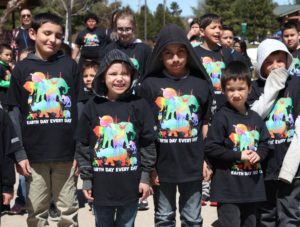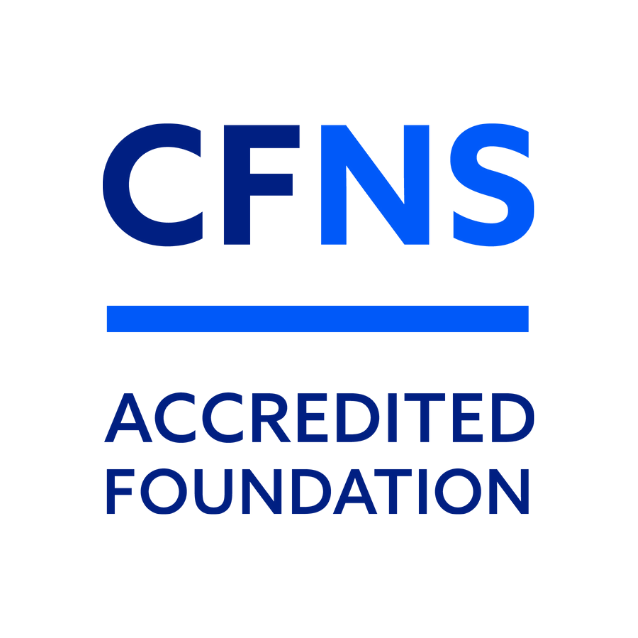Final Four wooden floor shows sustainable practices can compete
The Virginia Cavaliers are now the NCAA champions, winning last night in overtime against Texas Tech. But when scientists and researchers from around the world descend on UW-Oshkosh in about a month, they may still be talking about last week’s NCAA Final Four.
It’s not that there will be a heavy representation from the University of Virginia, Texas Tech, Michigan State and Auburn at the 25th International Symposium for Society & Resource Management June 2-7. The floor of the basketball court where the Final Four took place was the product of the Menominee Nation’s sustainable forestry practices. The tribe’s sustainable practices are also the topic of a symposium workshop supported by a $2,500 grant from the Environmental Stewardship Fund within the Community Foundation for the Fox Valley Region.
All of the wood making up the floor at U.S. Bank Stadium in Minneapolis came from tribal lands and was milled at Menominee Tribal Enterprise’s sawmill in Keshena, Wis.
“I tell my friends, ‘When you watch the Final Four — and it’s watched globally — that comes from your backyards, guys,’” Joe Besaw, sales manager for Menominee Tribal Enterprises, told the Green Bay Press Gazette. “It’s fun to see something like that at the national level. It makes a lot of people here proud.”
He estimated it took about 200 trees to create the floor.

Menominee students enjoying Earth Day 2018
Much of the symposium, presented by the International Association for Society and Resource Management, reflects on the philosophies and writings of Aldo Leopold, a pioneer of environmentalism, a University of Wisconsin professor, and author of “A Sand County Almanac.”
A group from the Sustainable Development Institute at the College of Menominee Nation will present “Indigenous Perspectives of People and Place in the Great Lakes Region: Looking Beyond Leopold’s Backyard” at 8 a.m. June 4. Tickets will be available to the general public.
The schedule also includes viewing of a video biography of Aldo Leopold called “Green Fire” and produced by the Aldo Leopold Foundation in Baraboo. The Fox Valley premier of the video in 2011, also was supported by as grant from the Environmental Stewardship Fund.
People interested in securing tickets for any of the sessions should contact Paul Van Auken at vanaukep@uwosh.edu for more information and to be put on the waiting list.
The Environmental Stewardship Fund was established in 2003 when 54 founding donors contributed at least $1,000 each in response to a $50,000 matching grant offer from the Board of Directors. These grants support smaller projects that help people preserve, enjoy or understand nature better. Learn more here.



This is an awesome story and needs to be shared. Thank you!